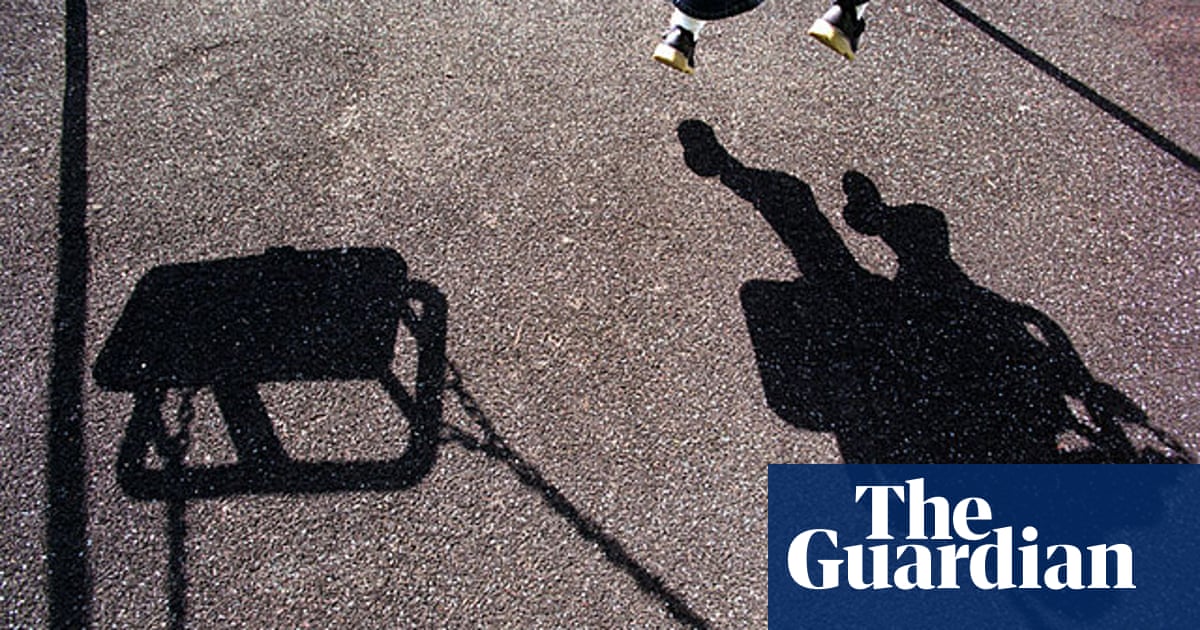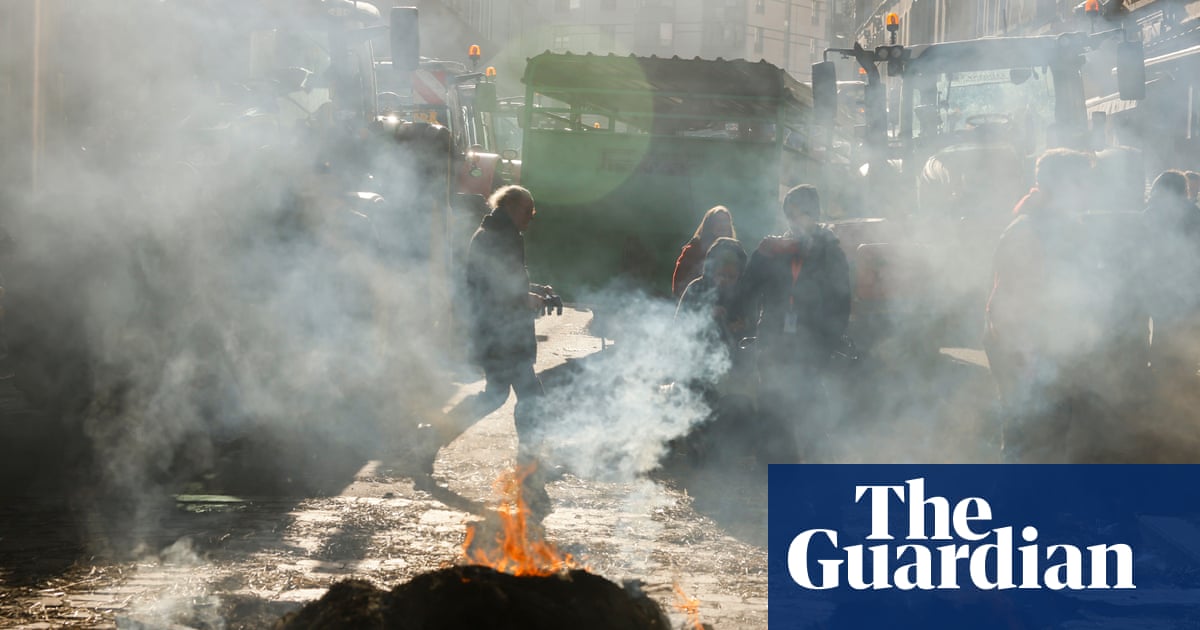
Australia has been quietly making its influence felt at the World Health Organisation, even as political leaders call for major changes to its operations.
Australia is serving a three-year term on the WHO’s executive board and has used the position to push for global action on cervical cancer and reducing preventable blindness.
Australia has also been a consistent “champion of reform” within its upper echelons, the health department says.
Scott Morrison recently argued Australia might have suffered the fate of other countries if it had relied on the WHO’s early advice against travel bans to combat Covid-19, and the organisation deserved to be criticised for “a few poor outings lately”, including “unfathomable” comments on wet markets.
But the prime minister described Australia as “a constructive but not uncritical partner”, acknowledging the value of the WHO’s work to help Pacific island nations deal with health challenges.
He has not followed Donald Trump’s lead in suspending funding to the WHO, although he has said he sympathises with some of the US president’s criticism.
Australia has used its position on the executive board, which began in mid-2018, “to support regional health priorities, particularly those of our neighbours in the Pacific”.
“Australia has also been leading global advocacy on two key health issues: cervical cancer and eye health,” the health department says.
“Australia led the development of a resolution on cervical cancer elimination, supported by 50 co-sponsors, which will see the World Health Assembly adopt a global strategy to eliminate cervical cancer as a public health problem, with clear targets for the period 2020-2030.”
The spokesperson says that Australia has co-led, with Indonesia, a resolution focused on addressing the rising global rates of preventable vision impairment and blindness.
Australia – currently represented on the board by the health department’s deputy secretary, Dr Lisa Studdert – has also strongly supported a range of reform initiatives.
The spokesperson says Australia was a founding member state of the WHO, joining in 1948, so it had “a longstanding reputation for actively pursuing global health interests through current and previous terms on the executive board, including our leadership in the establishment of the WHO Framework Convention on Tobacco Control”.
Upholding a reputation
John Mackenzie, a Curtin University emeritus professor who has served on WHO emergency committees, says Australia had “always punched above its own weight and been incredibly well thought of when it comes to health”.
“So I think we should use that reputation we have and basically for building up support for WHO, but also making sure that countries that have less ability to respond not only to this outbreak but other diseases, too, that we look after those much more than we have been,” he says.
The executive board normally meets twice a year and puts proposals forward to the annual World Health Assembly, where all of the member states decide on motions.
The WHO provided several briefings on the latest information on the coronavirus outbreak in late January and early February while delegates were in Geneva to attend the executive board meeting.
This year the work of the WHO governing bodies, including the executive board, has shifted “to almost exclusively focus on health responses to Covid-19”, in particular a resolution set to be put before next week’s World Health Assembly.
Wrangling over Covid-19 review
This assembly – which will take the form of a virtual meeting because of current travel restrictions – will be held on Monday and Tuesday and focus on the coronavirus.
The health department says Australia has used its current position to advocate to all other executive board members that the resolution should be “principally centred on efforts to investigate the source of the epidemic, its transition to a pandemic, and independent review and evaluation of WHO’s global response”.
The wording, however, remains under negotiation.
China has reacted angrily to Australia’s calls for an independent investigation into the origins and handling of Covid-19, which it says are aimed at Beijing and have been cited in the current trade tensions.
But China’s foreign ministry argues the European Union-drafted motion to be dealt with at the World Health Assembly should be viewed in a different light.
“It’s not the same thing,” a foreign ministry spokesperson, Zhao Lijian, said at a regular press briefing on Tuesday. “You should not view them together from a political angle.”
A draft circulated by the EU in April contained a heavy focus on the ongoing health response to Covid-19 but also included a request for the WHO director general to plan for an evaluation on lessons learnt.
While next week’s World Health Assembly will focus on coronavirus, a separate process is expected to be set up to handle unrelated technical items such as the Australian-backed resolutions on cervical cancer and eye health.












